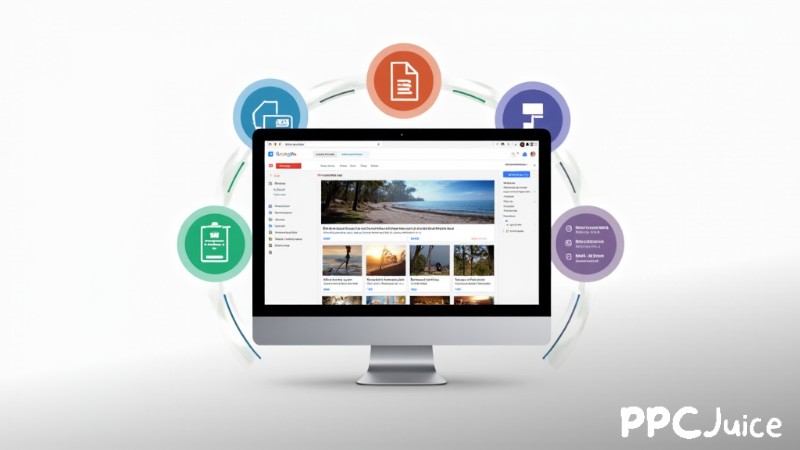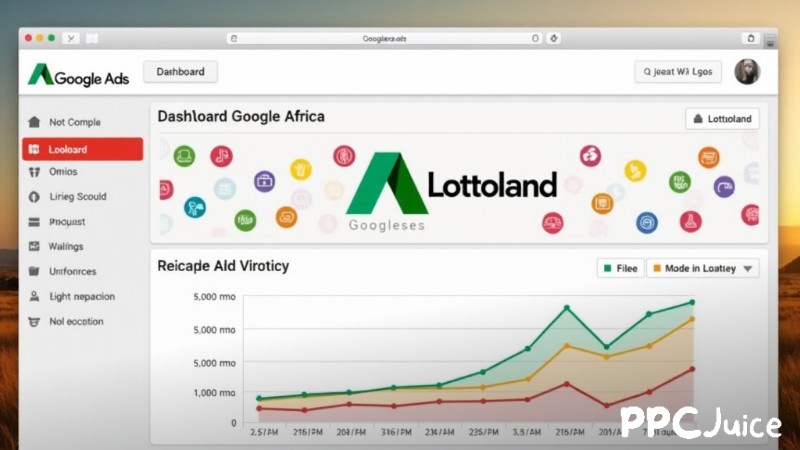
As 2026 approaches, paid search advertising demands a sharper strategy and smarter spending. Many businesses lose valuable ad budgets not because of limited funds, but because of poor structure and weak alignment with their goals.
You may wonder what separates thriving campaigns from those that quietly drain resources through costly mistakes. Here’s what truly drives performance in the year ahead.
Build smarter, not bigger
One of the biggest mistakes is overcomplicating campaigns. Too many ad groups, vague objectives, and premature use of advanced bidding tools often weaken performance. The best results come from starting with one focused campaign and expanding only when data supports it. A clean, goal-driven structure gives Google Ads strategies a stronger base for steady growth.
Success also depends on linking paid search to real business priorities. Campaigns should serve clear outcomes such as acquiring customers, improving profit margins, or growing lifetime value—not just chasing clicks that fail to convert. Geographic precision is equally vital. Targeting broad regions wastes budget, while focusing on high-performing markets and using Google’s “Presence Only” setting improves conversion rates and cost efficiency.
According to WordStream, the average cost per lead rose from $66.69 in 2024 to $70.11 in 2025, showing how tighter optimization matters more than ever. Landing pages must load quickly, match ad messages, and perform well on mobile.
How smarter PPC management drives growth
What if the key to PPC success in 2026 isn’t spending more, but managing smarter? Businesses that work with a skilled Google Ads agency or PPC marketing agency see the best results when the strategy stays simple and focused.
Aligning campaigns with real business goals, targeting the right regions, and using automation backed by solid data all turn ad spend into measurable growth. That’s when PPC management stops being routine—and starts driving real performance.

